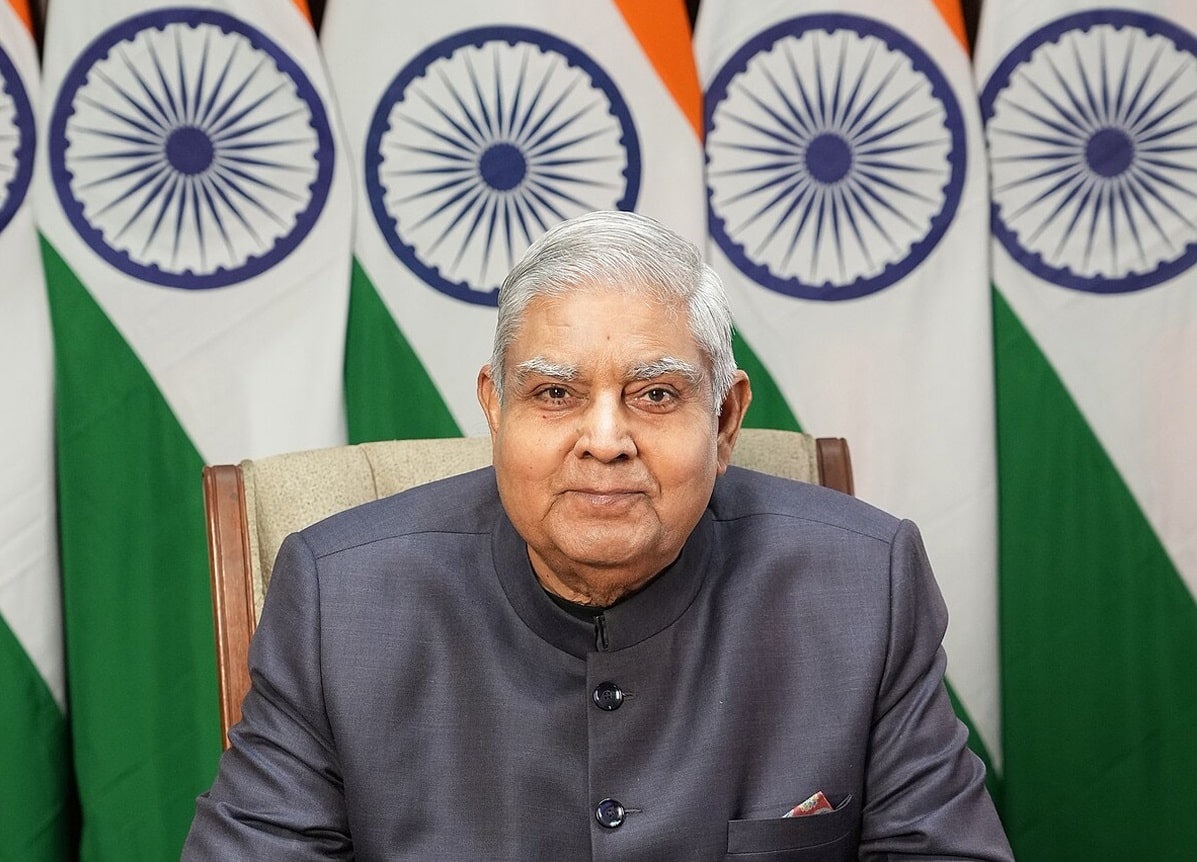Vice President Jagdeep Dhankhar on Monday resigned from his post, citing health reasons. Vice President Jagdeep Dhankhar sent his resignation letter to President Draupadi Murmu and said that he is stepping down with immediate effect.
“In order to give priority to healthcare and to follow medical advice, I hereby resign from the post of Vice President of India with immediate effect, in accordance with Article 67(A) of the Constitution,” Dhankhar said in his letter to the President.
With Dhankhar’s resignation, the post of Vice President of India, who also serves as the Chairman of the Rajya Sabha, has now fallen vacant, leading to the possibility of a crucial election in the coming days. Amid the ongoing political developments, here is a detailed account of the process of electing the Vice President in India.
According to the website of the Office of the Vice President, the Vice President is elected by an electoral college composed of members of both Houses of Parliament through the single transferable vote method, in accordance with the system of proportional representation. Voting in this election is through a secret ballot.
The electoral college that elects a person for the post of Vice President consists of all the members of both Houses of Parliament.
Who can be elected as Vice-President of India?
To be elected as the Vice President of India, a person must fulfil the following qualifications:
+ Citizenship: He / She must be a citizen of India.
+ Age: He / She must have completed 35 years of age.
+ Qualification for Rajya Sabha: He must be eligible to be elected as a member of the Rajya Sabha.
+ Office of profit: He / She must not hold any office of profit under the Government of India, a State Government, or any subordinate local authority. However, offices such as President, Vice President, Governor of a State, or Minister of the Union or a State are not considered as offices of profit for this purpose.
Also Read: Top 10 Most Followed Persons on Instagram in India 2025; Here’s the List






